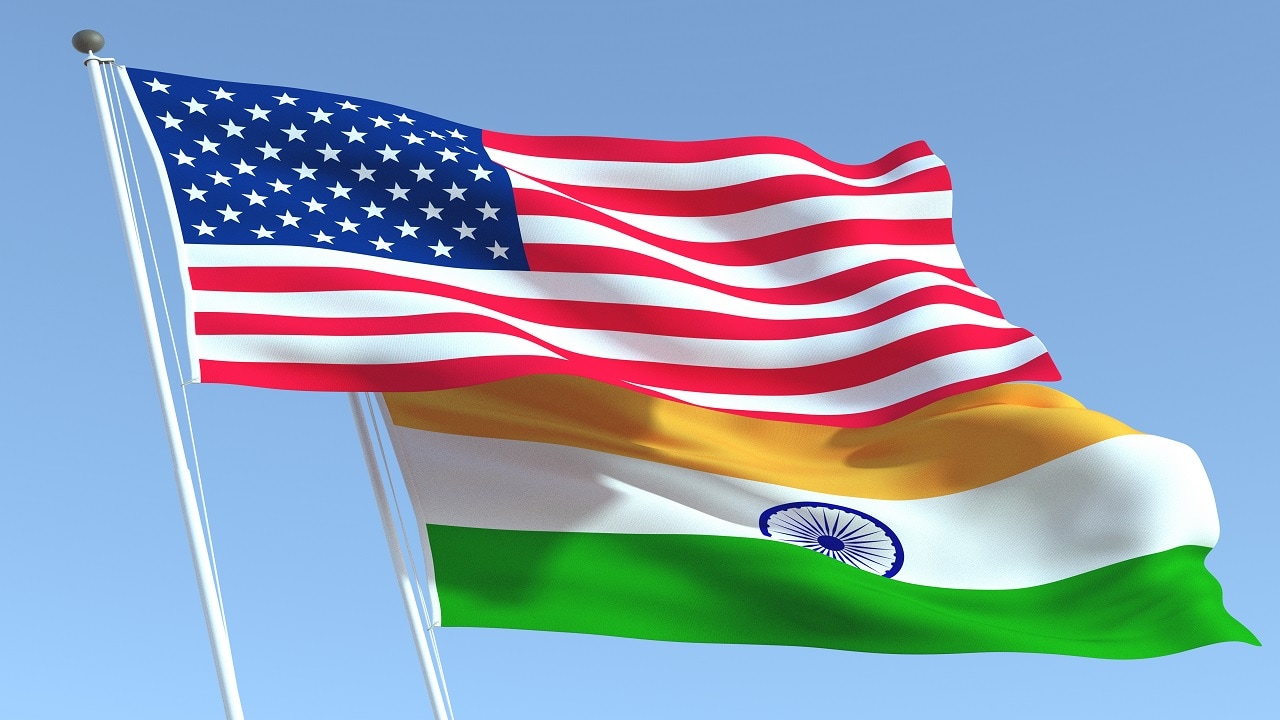

Sources indicated that India is keen to push for prospective application of any totalisation agreement with the United States, which will allow workers to avoid social security taxes in both the countries simultaneously. If enacted, any such agreement will help reduce costs for professionals from both nations as well as allow interoperability of social security benefits.
Currently Indian professionals on H-1B visas in the US pay social security taxes, but don’t qualify for social security benefits due to a 10-year eligibility rule. As per NASSCOM, Indian IT workers have lost over $1 billion in statutory payment made for social security benefits. Contributions of many IT professionals remain unutilized as they leave before the mandatory 10-year period for availing social security benefits.
The Indian government has shared data with the US as part of dialogue on SSAs, and is also negotiating similar agreements with the UK, Chile, Philippines, and Sri Lanka. Sources added that despite India’s push, the US has not been convinced about India’s social security model and believes that the EPFO model is incompatible with the US social security system.
India has operational SSAs with 19 countries: Austria, Australia, Brazil, Belgium, Canada, Czech Republic, Denmark, Finland, France, Germany, Hungary, Japan, Korea, Luxembourg, Netherlands, Norway, Portugal, Sweden, and Switzerland. 2 more SSAs signed with Argentina and Poland are yet to be ratified by their respective Parliaments. Apart from SSAs, India has Migration and Mobility Partnership Agreements (MMPAs) with 7 countries: France, UK, Germany, Austria, Australia, Italy, and Denmark. India also has Labour Mobility Agreements (LMAs) with 9 countries: Saudi Arabia, UAE, Jordan, Japan, Kuwait, Portugal, Mauritius, Israel, and Taiwan.
(Edited by : Poonam Behura)
First Published: Dec 31, 2024 3:52 PM IST



